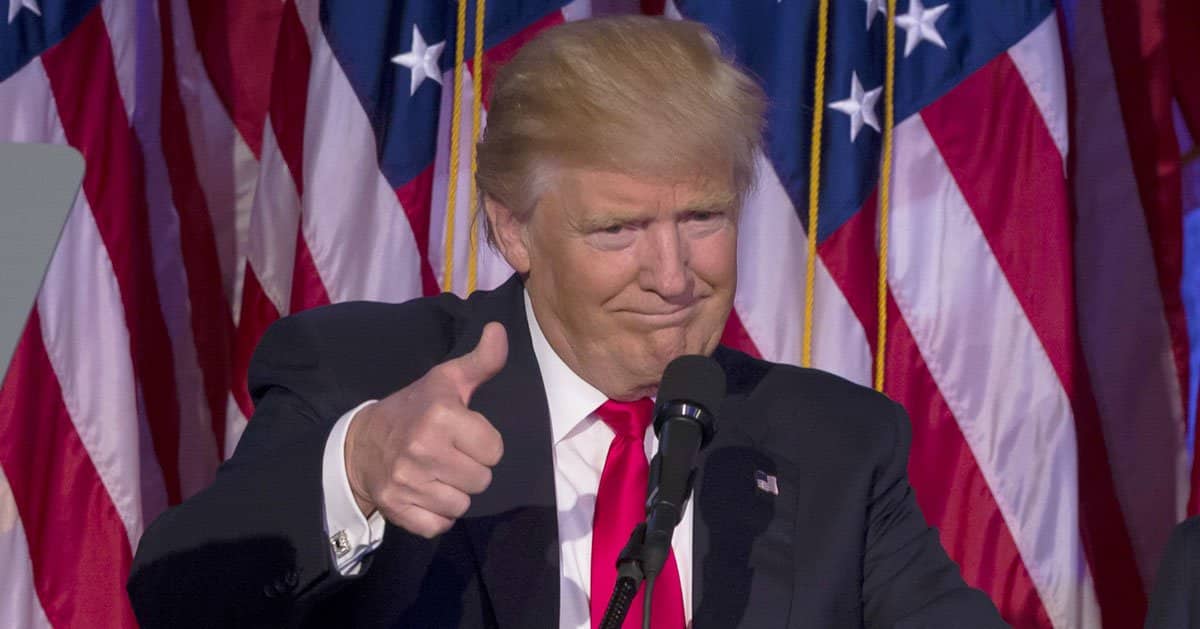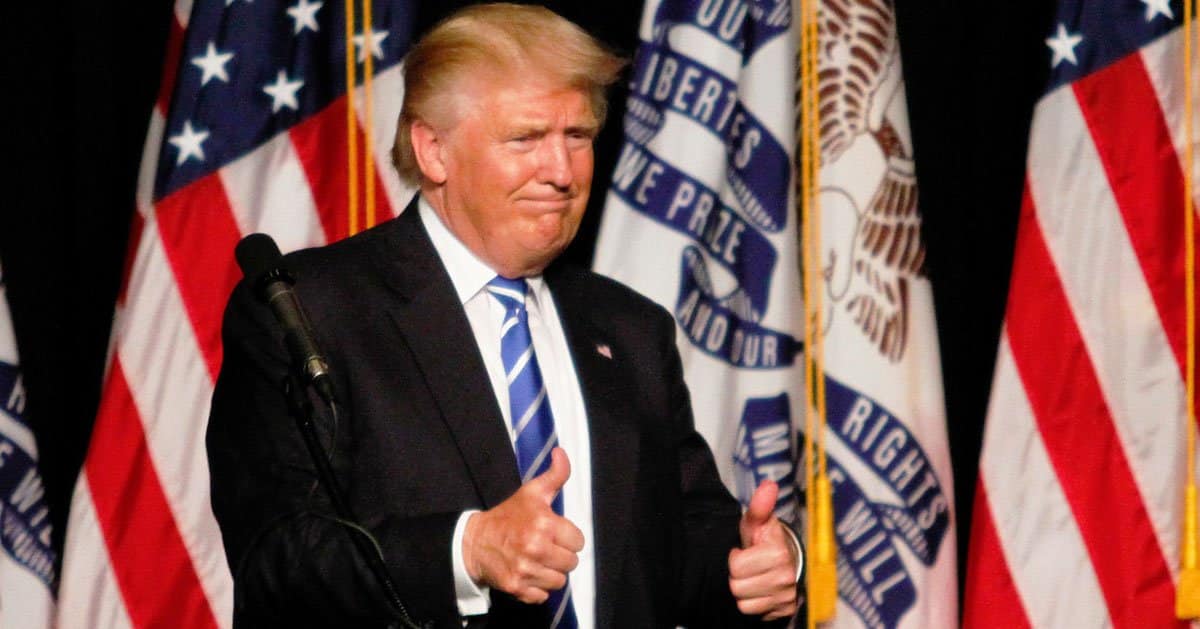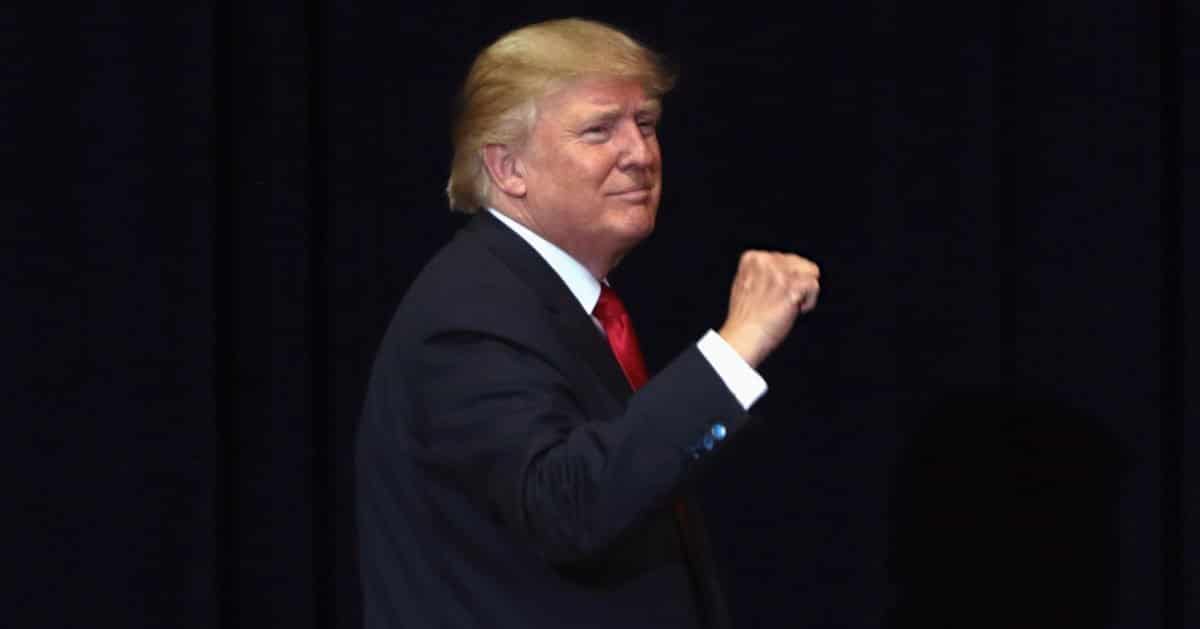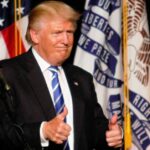








Special counsel Jack Smith has revised the indictment against former President Donald Trump in the election subversion case, following a Supreme Court ruling that acknowledged certain presidential immunities.
CNN reported that the new indictment reflects efforts to comply with the Supreme Court's decision while ensuring the case's integrity remains intact.
On Wednesday, a grand jury handed up a superseding indictment in the ongoing election subversion case against former President Donald Trump. This move followed a pivotal Supreme Court ruling that highlighted the complexities of presidential immunity.
The ruling, articulated in a majority opinion by Chief Justice John Roberts, suggested that Trump was presumed to have immunity for official acts performed as president, and in some cases, this immunity was deemed absolute.
Although the Supreme Court's ruling did not provide specific guidance on how to modify the indictment, Smith took proactive steps to address the court's concerns.
Among the most significant changes were the removal of certain details and the addition of new information related to the certification process of the 2020 election and Vice President Mike Pence's role.
These adjustments were aimed at reinforcing the prosecution's case while adhering to the legal standards set forth by the highest court.
Smith's revisions included the omission of several sections that had previously been central to the case. These included briefings that Trump received from his official advisers, which had underscored the pressure on Trump to tell the rioters to leave the Capitol on January 6, 2021.
Additionally, details about the pushback Trump faced from intelligence officials, White House lawyers, the Justice Department, and Vice President Pence regarding his election fraud claims were also removed.
Notably, Jeff Clark, a Justice Department official who had been listed as a co-conspirator in the initial indictment, was no longer mentioned in the superseding indictment. This exclusion reflects a strategic shift in Smith's approach, focusing more narrowly on Trump's actions as a political candidate rather than his official duties as president.
In contrast, the new indictment added details emphasizing Trump's role in the certification process as a political candidate. Specifically, it included information about Trump's rally speech urging Congress to count only "lawfully slated" electors.
Additionally, the new indictment highlighted Trump's personal use of Twitter to spread false claims of election fraud and his efforts to leverage the events at the Capitol for his own political gain.
Smith's approach in the revised indictment underscores the importance of distinguishing Trump's actions as a candidate from his official duties as president.
By doing so, Smith aims to sidestep the complexities of presidential immunity and focus the case on Trump's conduct during the post-election period.
This strategy was supported by the decision to retain allegations regarding Trump's pressure on Pence, with the argument that Pence's role as president of the Senate was separate from his executive branch responsibilities.
Moreover, the new indictment emphasizes Pence's ceremonial role in the certification process, providing a clearer narrative of the events leading up to the Capitol breach. By focusing on these aspects, Smith seeks to present a compelling case that Trump's actions were not protected by presidential immunity.
The revisions made by Smith could have significant implications for the outcome of the case. The removal of certain details may streamline the prosecution's arguments, reducing the likelihood of legal challenges related to presidential immunity.
However, the addition of new information, particularly concerning Pence's role and Trump's use of Twitter, could strengthen the case against the former president.
Despite these adjustments, the case's resolution remains uncertain, particularly given the potential for appeals. If Trump wins the upcoming election, there is a possibility that the case could be delayed or even dismissed, further complicating the legal proceedings.
Constitutional law professor Anthony Michael Kreis commented on Smith's strategy, noting that the special counsel is "really trying to make a clean case for why this is indictable and why these indictable offenses all stem from conduct that Donald Trump did as a candidate and not as president in any formal or official capacity."
This emphasis on Trump's actions as a candidate is central to Smith's efforts to avoid the pitfalls of presidential immunity and ensure that the case moves forward.



